I have a sample program that takes in an input from the terminal and executes it in a cloned child in a subshell.
#define _GNU_SOURCE
#include <stdlib.h>
#include <sys/wait.h>
#include <sched.h>
#include <unistd.h>
#include <string.h>
#include <signal.h>
int clone_function(void *arg) {
execl("/bin/sh", "sh", "-c", (char *)arg, (char *)NULL);
}
int main() {
while (1) {
char data[512] = {'\0'};
int n = read(0, data, sizeof(data));
// fgets(data, 512, stdin);
// int n = strlen(data);
if ((strcmp(data, "exit\n") != 0) && n > 1) {
char *line;
char *lines = strdup(data);
while ((line = strsep(&lines, "\n")) != NULL && strcmp(line, "") != 0) {
void *clone_process_stack = malloc(8192);
void *stack_top = clone_process_stack + 8192;
int clone_flags = CLONE_VFORK | CLONE_FS;
clone(clone_function, stack_top, clone_flags | SIGCHLD, (void *)line);
int status;
wait(&status);
free(clone_process_stack);
}
} else {
exit(0);
}
}
return 0;
}
The above code works in an older Linux system (with minimal RAM( but not in a newer one. Not works means that if I type a simple command like "ls" I don't see the output on the console. But with the older system I see it.
Also, if I run the same code on gdb in debugger mode then I see the output printed onto the console in the newer system as well.
In addition, if I use fgets() instead of read() it works as expected in both systems without an issue.
I have been trying to understand the behavior and I couldn't figure it out. I tried doing an strace. The difference I see is that the wait() return has the output of the ls program in the cases it works and nothing for the cases it does not work.
Only thing I can think of is that read(), since its not a library function has undefined behavior across systems. But I can't agree as to how its affecting the output.
Can someone point me out to why I might be observing this behavior?
EDIT
The code is compiled as:
gcc test.c -o test
strace when it's not working as expected is shown below
strace when it's working as expected (only difference is I added a printf("%d\n", n); following the call for read())
Thank you
Shabir

